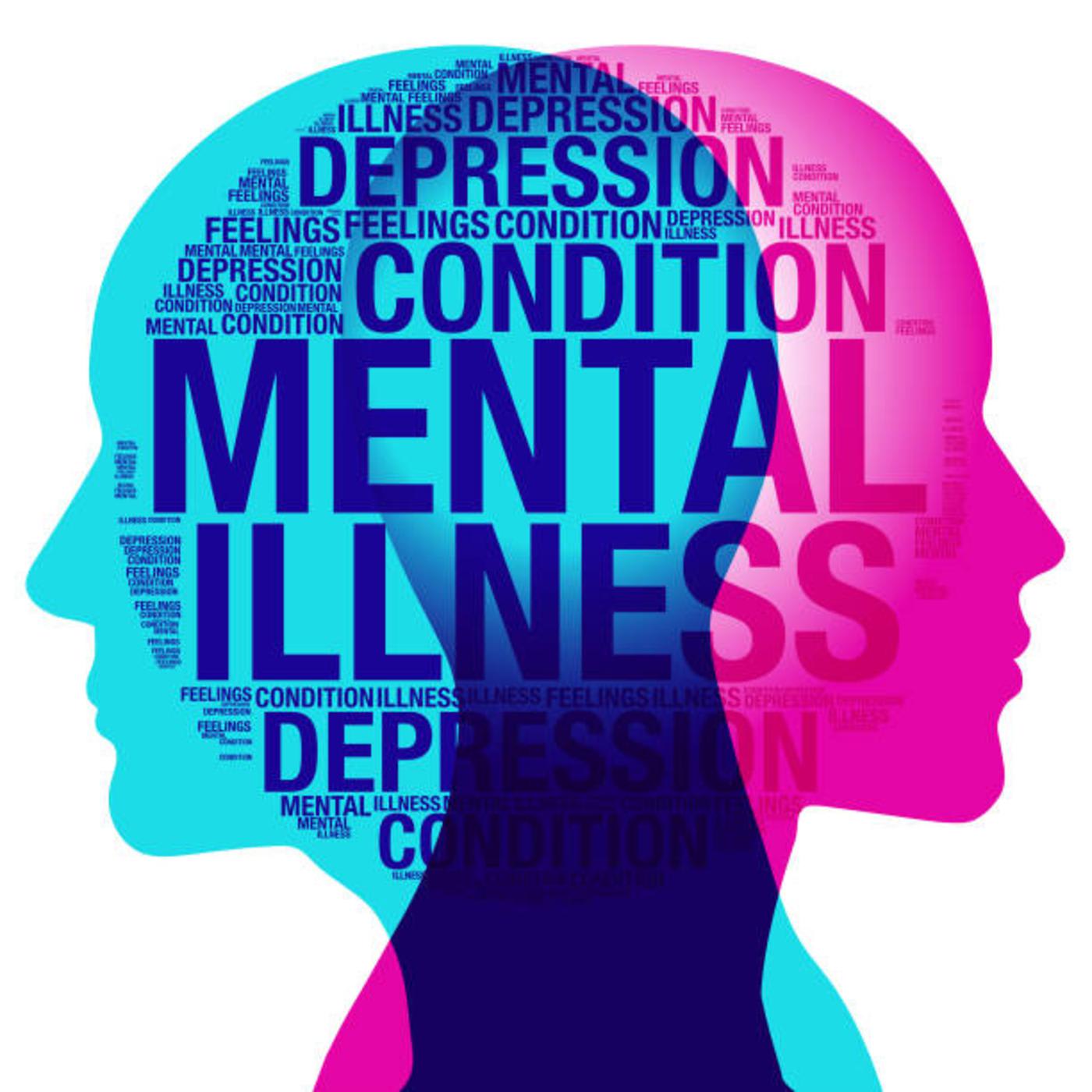Why Mental Health Should Be a Priority: Strategies for Improving Your Overall Well-Being.
Focusing on Mental Health: Why it's Important and How to Start
In recent years, there has been a growing awareness and recognition of the importance of mental health. Despite this, many people still struggle to prioritize their mental health and make it a central part of their daily routine. In this blog post, we'll discuss why it's important to focus on mental health, and provide some tips and strategies for how to get started.
Why Focusing on Mental Health is Important
Mental health is just as important as physical health, and neglecting it can have serious consequences. Poor mental health can impact every aspect of our lives, from our relationships to our work performance to our physical health. By prioritizing our mental health, we can improve our overall well-being and lead happier, more fulfilling lives.
Some of the benefits of focusing on mental health include:
- Reduced stress and anxiety.
- Improved mood and emotional regulation.
- Better relationships with others.
- Increased resilience and ability to cope with challenges.
- Improved physical health.
How to Start Focusing on Mental Health
If you're ready to start prioritizing your mental health, here are some tips and strategies to help you get started:
Make time for self-care: Self-care is an essential part of maintaining good mental health. This can include activities like taking a bath, going for a walk, or practicing mindfulness meditation. Whatever activities help you relax and recharge, make sure to schedule time for them regularly.
Get enough sleep: Sleep is crucial for both our physical and mental health. Aim to get 7-9 hours of sleep per night, and establish a consistent sleep routine to help improve the quality of your sleep.
Practice stress-management techniques: Stress can have a negative impact on our mental health, so it's important to find ways to manage it. This can include exercise, deep breathing, or progressive muscle relaxation.
Seek support: It's important to have a support system in place when dealing with mental health challenges. This can include friends, family, or a mental health professional.
Prioritize healthy habits: Eating a balanced diet, staying hydrated, and getting regular exercise can all help improve our mental health.
Take breaks: In today's fast-paced world, it's easy to feel like we always need to be "on." However, taking breaks and disconnecting from technology can help us recharge and improve our mental health.
Focusing on mental health is essential for overall well-being. By prioritizing self-care, stress-management, and seeking support when needed, we can all take steps towards improving our mental health. Remember, it's never too late to start prioritizing your mental health, and small changes can make a big difference over time.
Mental health challenges can impact people in a variety of ways. Here are some examples:
- Emotional Impact:
Mental health challenges can cause a range of emotional symptoms, such as anxiety, depression, irritability, and mood swings. These symptoms can have a significant impact on a person's overall well-being, and may impact their ability to engage in daily activities or maintain healthy relationships.
- Physical Impact:
Mental health challenges can also have physical symptoms, such as headaches, stomach issues, and trouble sleeping. These symptoms can be both a cause and a result of mental health challenges, and can have a negative impact on a person's overall health.
- Social Impact:
Mental health challenges can impact a person's ability to engage in social activities and maintain healthy relationships. For example, someone with social anxiety may avoid social situations, while someone with depression may struggle to enjoy activities they once found pleasurable.
- Occupational Impact:
Mental health challenges can impact a person's ability to work and perform daily tasks. For example, someone with depression may struggle to concentrate or find motivation, while someone with anxiety may struggle with productivity due to racing thoughts or constant worry.
Overall, mental health challenges can impact people in a variety of ways, and it's important to prioritize mental health in order to maintain overall well-being and quality of life.

Comments
Post a Comment